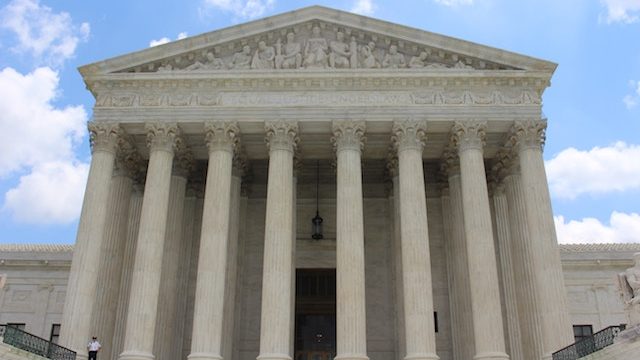The overwhelming majority of victims of human trafficking in the United States do not receive compensation from their convicted traffickers, and the number of those awarded payment is shrinking.
Under law, victims are entitled to compensation, but new research has found that judges only ordered payment in 27% of human trafficking cases nationwide brought before federal courts from 2013 to 2016.
Human Trafficking Legal Center (HTLC) and the law firm WilmerHale, which published the research report, noted that this marks a decrease from 36% of cases ordering compensation from 2010-2013.
Thomson Reuters Foundation reports:
“This discouraging trend is disastrous for trafficking victims, who desperately need restitution funds to rebuild their lives,” said the report’s editor, Martina Vandenberg, head of HTLC.
U.S. anti-trafficking legislation requires courts to order convicted traffickers to pay their victims the gross amount they earned from them, or at the least, the minimum wage plus overtime for their hours of forced servitude.
Among those receiving payment, people trafficked for sex tended to get far less than other victims, securing an average of $48,000 against the $505,000 paid out in forced labor cases, according researchers who analysed over 400 proceedings.
“Congress has mandated that victims receive restitution. But courts still leave trafficking victims empty-handed,” said the report’s main author, Alexandra Levy.
The report’s authors recommended more training on human trafficking for both prosecutors and judges, as well as free legal assistance for defendants.
“Trafficking victims need lawyers. Only when victims have legal representation will mandatory restitution finally be mandatory,” said Vandenberg.
The U.S. Department of Justice (DOJ) says that it is currently training hundreds of prosecutors on strategies to compensate victims, especially as it relates to assessing a trafficked person’s losses.
“DOJ is deeply committed to securing restitution for victims and survivors of human trafficking,” said a DOJ spokeswoman.







Freedom United is interested in hearing from our community and welcomes relevant, informed comments, advice, and insights that advance the conversation around our campaigns and advocacy. We value inclusivity and respect within our community. To be approved, your comments should be civil.